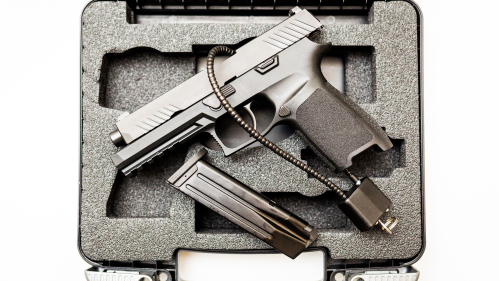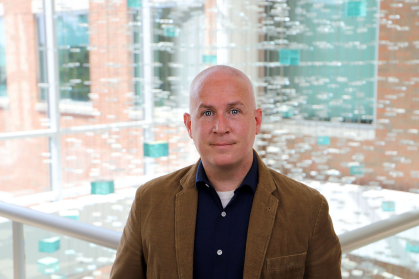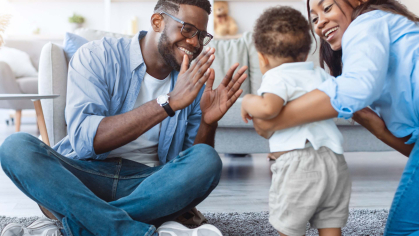Preventing Firearm Suicide During the Pandemic and Social Unrest

During the pandemic and nationwide protests, firearm purchases have soared — a concern for suicide prevention specialists, says a Rutgers expert
The COVID-19 pandemic and the social unrest since the killing of George Floyd have spurred a rise in firearm purchases — and a concern among mental health professionals that it may lead to a rise in the suicide rate.
Michael Anestis, an associate professor at Rutgers School of Public Health and the executive director of the New Jersey Gun Violence Research Center — one of a few such state-funded centers in the nation — discusses these concerns and some practical steps that can be taken to lessen that risk.
How might the pandemic shape the dynamics of suicide in America?
Since March, America has seen a surge in firearm purchases and increased difficulty in access to mental health care, especially in communities most affected by the virus. This is further compounded by the distress experienced by many during these same months following the killing of George Floyd and the resulting Black Lives Matter protests. On top of this, the pandemic has left us physically — and in many cases emotionally — distant from one another and from aspects of our lives that had previously brought us joy and purpose. While this does not doom us to a surge in suicide deaths, as a clinical psychologist and violence prevention researcher, I am concerned about the number of people who are gaining access to the most lethal method for suicide while facing barriers to mental health care.

What is your concern about people owning firearms in terms of mental health?
People have the right to purchase firearms, and given that the most common reason for firearm ownership is personal protection, it is not surprising that sales would increase at a time of elevated anxiety. The right to purchase, however, does not change the risk profile of the decision to purchase.
Although firearms do not make people suicidal, research has repeatedly shown an association between firearm access and death by suicide. Most firearm owners will say that they are not currently, have never been and will never become suicidal. However, most people feel like they would never become suicidal — until they are. At that point, it is often too late to make a plan. In addition, people around the firearm owner may not realize how dire the situation has become until it is too late.
People often avoid mental health care and hide their thoughts of suicide from others. This situation is made worse by the difficulty people are experiencing gaining access to mental health care during the pandemic. In-person help — whether through psychotherapy, Alcoholics Anonymous, religious resources or another trusted source — is complicated by social distancing.
What steps should be taken to help prevent suicides?
September is National Suicide Prevention Awareness month, which helps draw attention to the problem and calls for discussion of solutions. While there is no singular action that will address risk for everyone, there are steps we can take regarding firearms that can save lives without threatening the rights or insulting the culture of firearm owners.
We need to shift cultural norms around safe firearm storage. A campaign led by persuasive messengers — service members, veterans, law enforcement officers — needs to promote storing firearms unloaded, separate from ammunition and in a secure location like a gun safe or a lockbox.
We need to create paths toward legal and temporary storage of firearms away from home during times of stress. Colorado’s firearm storage map is a tremendous example.
Who are some essential partners in firearm safety education?
We must collaborate with firearm owners. As long as the message of suicide prevention feels like something pushed by outsiders, it will fail to take hold.
We also need to equip people outside of the health care system like faith leaders, teachers and firearm safety instructors with effective strategies for motivating their peers and loved ones to store their firearms safely and securely, particularly during times of stress.
Health care professionals are also vital to suicide prevention but are considered by firearm owners to be among the least credible messengers regarding firearm storage, so we cannot rely solely on them to carry us forward on this. We confide in those we trust, so we need trusted individuals doing the talking.


